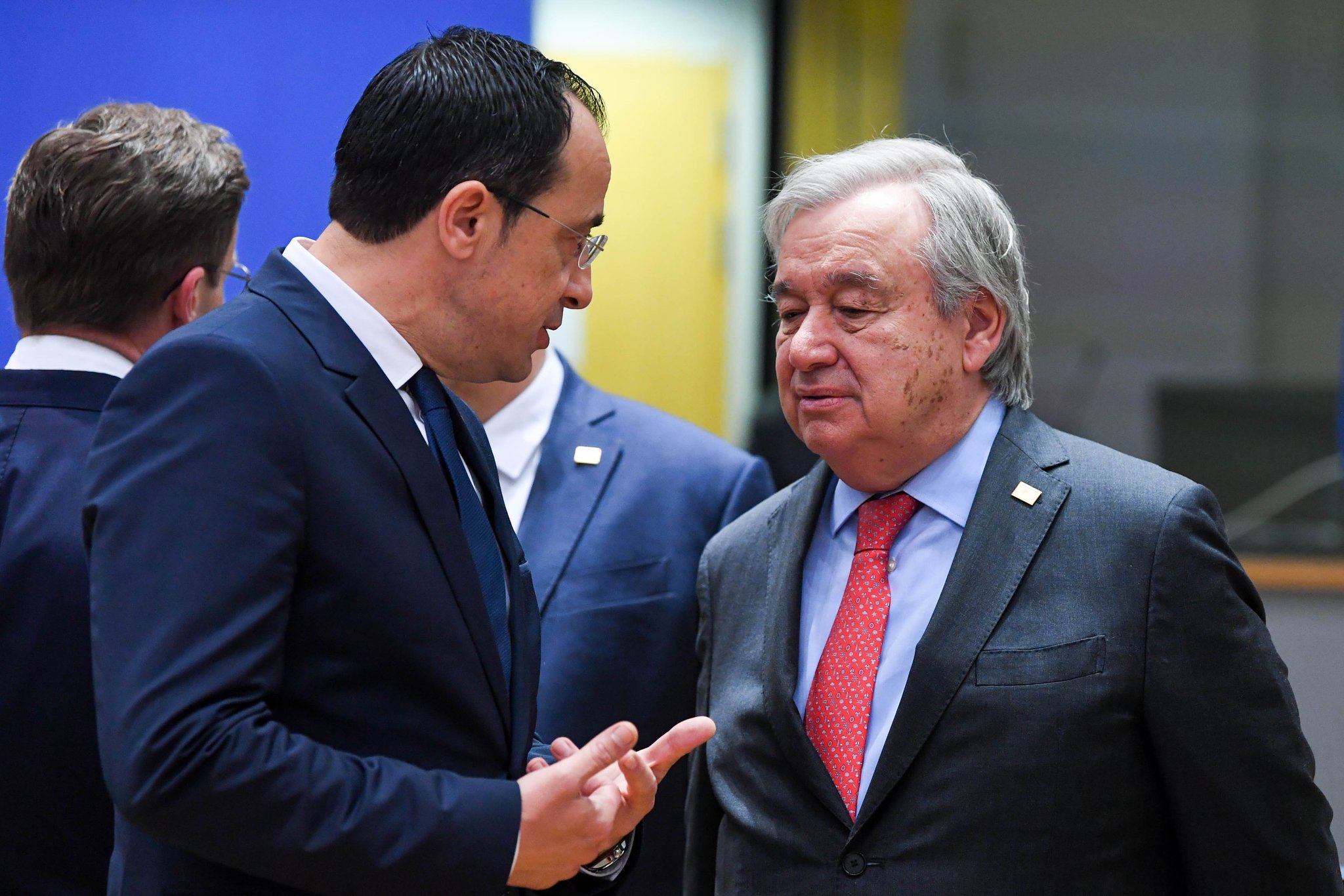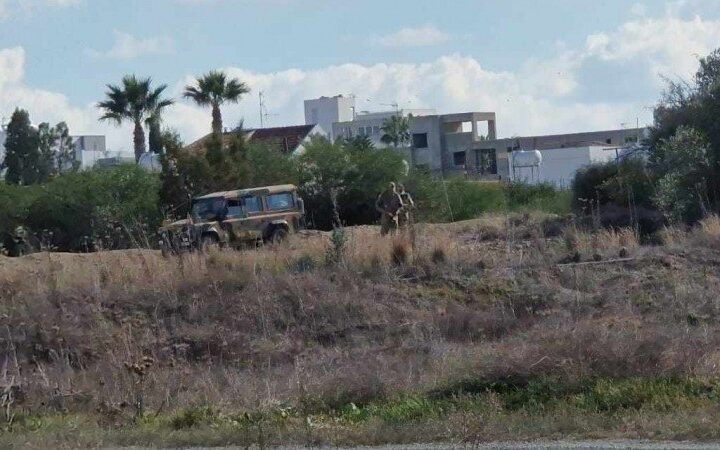When Foreign Minister Constantinos Kombos meets UN chief Antonio Guterres to convey a message from President Christodoulides, calling for talks to resume from where they failed at Crans Montana, the Greek Cypriot side needs to convince of its genuine intentions.
Unfortunately, Nikos Christodoulides inherited a heavy legacy from his namesake and mentor, as for six years, there has been no progress whatsoever in Cyprus talks, allowing Turkey to push through its agenda undisturbed, including plans to repopulate the fenced-off area of Famagusta.
After years of a standstill, the president’s initiative has been welcomed, at home and abroad, albeit cautiously optimistic.
Responding to the Secretary General’s quest for both sides to resume talks alone will not help break the deadlock.
It is the first step in a long while, as is Christodoulides’ initiative to actively engage the European Union, even appointing an envoy, especially one who would be acceptable and would be heard in Ankara.
However, the EU does not have the best track record in helping diffuse regional tensions or mediating for peace.
This is probably why civil unrest and wars continue to wreck the Middle East and Africa, resulting in enormous waves of refugees and migrants seeking better fortunes in Europe.
But a special envoy may help break the deadlock, even by proposing a positive agenda to EU accession talks for Turkey or other exchanges.
The UNSG has so far been unconvinced from either the Greek Cypriot side or the Turkish Cypriots that there is fertile ground to base a restart of negotiations.
Christodoulides has said on several occasions that talks should continue from where they left off at the Swiss resort in July 2017.
On the other hand, the Turkish side insists on matters of sovereignty and international recognition for the breakaway state in the north as a precondition to return to the talks, conditions that make any resumption a non-starter.
The Greek Cypriot side, too, has approached the ‘Guterres framework’ with its own terms, saying it would reject parts of it and accept others, although all sides agree the proposed plan needed extensive fixes.
With both sides setting terms, allowing them to put forward more demands will make any resumption impossible.
Guterres wants to hear that the Greek Cypriots would return unconditionally and be open to discussing any or all points.
The conversions around the Guterres plan were significant during 2015-2017, leading to the Crans Montana summit.
Beyond the main concern on property and restitution, the Greek Cypriot side wanted assurances on security, which it got; the Treaties of Guarantee would be abolished, with the right to unilateral intervention and rapid removal of all Turkish occupation troops.
In exchange, the Turkish Cypriots were given assurances of political equality.
All decisions would be taken by the Council of Ministers and not by the president, where Greek Cypriots would have about a two-thirds majority.
Yet, at least one Turkish Cypriot cabinet member would require a positive vote for major issues of national importance.
It was a great improvement from the veto power the Turkish Cypriots would have, according to earlier plans, while matters of local and lesser importance would be taken at the lower level of administration by a clear majority.
But with Christodoulides saying now he does not accept the terms of the Guterres framework on property, with the stumbling block being the rights of owners and users, calling on Greek Cypriot political parties to take a clear position on the matter could be perceived as rejectionist and reluctance for a new round of talks.
Let’s hope Kombos will be more convincing when he meets Guterres.










